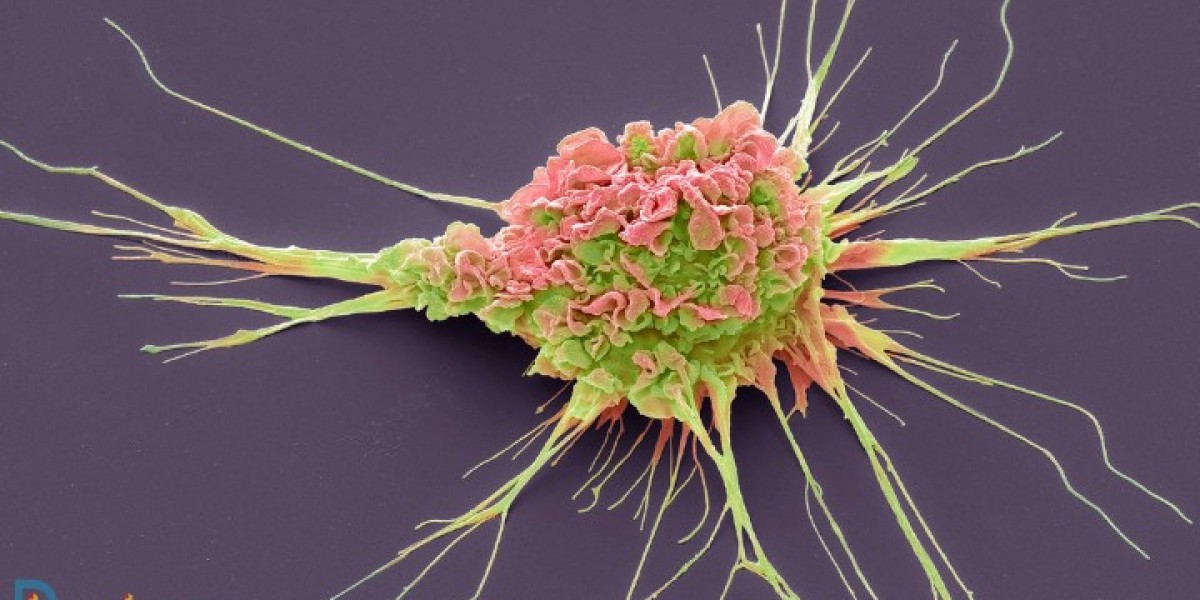Understanding Hormone Receptors
In HR+/HER2- breast cancer, cancer cells express hormone receptors that respond to estrogen and progesterone. This means that these hormones can stimulate the growth of cancer cells. The goal of hormone therapy is to block these hormones from acting on the cancer cells, thereby slowing or stopping tumor growth.
Types of Hormone Therapy
Tamoxifen: This selective estrogen receptor modulator (SERM) blocks estrogen receptors on cancer cells, preventing estrogen from binding and stimulating cell growth. Tamoxifen is typically used in premenopausal women and postmenopausal women with early-stage breast cancer.
Aromatase Inhibitors: These drugs, including anastrozole, letrozole, and exemestane, lower estrogen levels in postmenopausal women by inhibiting the aromatase enzyme, which converts androgens into estrogen. Aromatase inhibitors are often preferred for postmenopausal women with HR+/HER2- breast cancer.
Fulvestrant: An estrogen receptor downregulator (ERD), fulvestrant is used primarily in advanced HR+/HER2- breast cancer. It works by degrading estrogen receptors, leading to decreased cancer cell growth.
Combination Therapies and CDK4/6 Inhibitors
Recent advances in the treatment of HR+/HER2- breast cancer have seen the introduction of CDK4/6 inhibitors, such as palbociclib, ribociclib, and abemaciclib. These agents are used in combination with hormone therapy to enhance effectiveness. By inhibiting proteins involved in the cell cycle, CDK4/6 inhibitors can delay disease progression and improve survival rates in patients receiving hormone therapy.
Personalized Treatment Approaches
Personalized medicine plays a vital role in the management of HR+/HER2- breast cancer. Biomarker testing helps oncologists determine the most effective hormone therapy for individual patients based on their specific tumor characteristics. For example, the presence of specific gene expressions may indicate whether a patient is likely to benefit from additional therapies alongside standard hormone treatment.
Conclusion
Hormone therapy remains a fundamental aspect of managing HR+/HER2- breast cancer. With various treatment options available, including tamoxifen, aromatase inhibitors, and the newer CDK4/6 inhibitors, patients can work with their healthcare team to develop a personalized treatment plan that best suits their needs. Ongoing research and clinical trials continue to explore new combinations and approaches, ensuring that patients receive the most effective and tailored care possible in their breast cancer journey.
Latest reports offered by Delveinsight
Competitive Intelligence Pharma | Concussions Market Size | Cutaneous T Cell Lymphoma Market | Generalized Anxiety Disorder Gad Market | Healthcare Pipeline Analysis | Hearing Aid Devices Market | Hepatic Encephalopathy Epidemiology Forecast | Hypoparathyroidism Market | Lymphocytopenia Market | Meningioma Market | Metabolic Acidosis Market | Myocardial Infarction Market | Nsclc Market | Parkinson’s Disease Market | Pd-1 & Pdl1 Market | Absssi Market Size | Achondroplasia Market | Aclf Market | Acrocallosal Syndrome Market | Acute Agitation And Aggression Market | Acute Coronary Syndrome Market | Acute Heart Failure Ahf Market | Acute Ischemic Stroke Ais Market | Acute Pain Market | Adult Growth Hormone Deficiency Market | Advanced Cancer Pain Management Market | Aesthetic Implants Market | Age Related Vision Dysfunction Market | Alkaptonuria Market | Allergic Rhinitis Market | Alpha Antitrypsin Market | Ambulatory Arrhythmia Monitoring Devices Market







